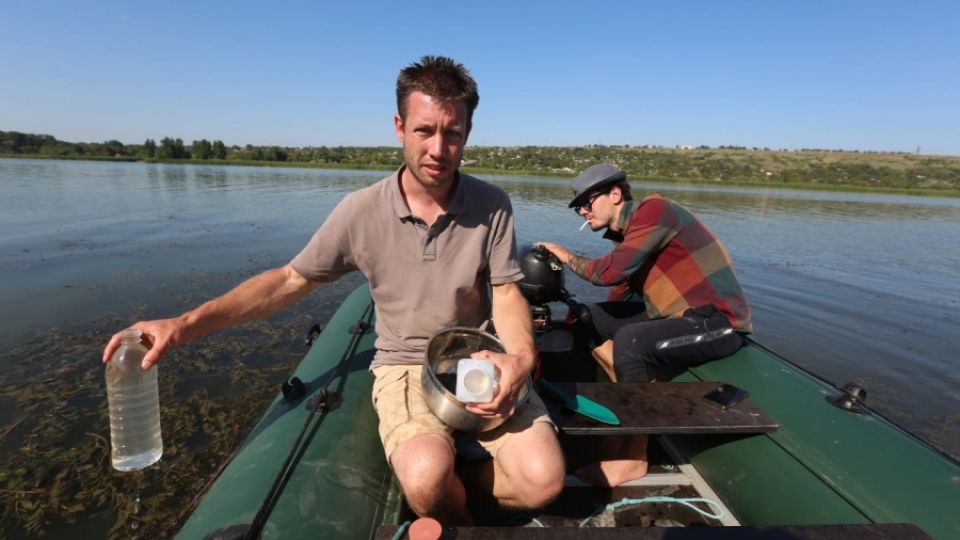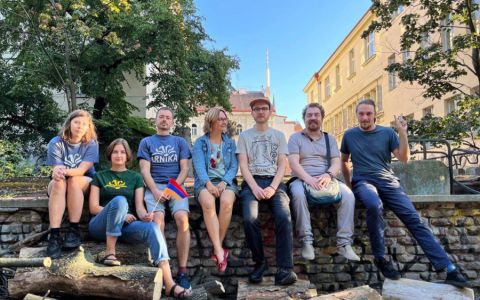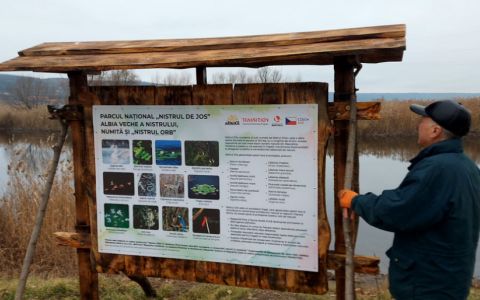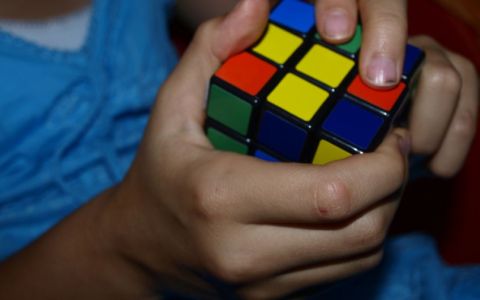Transformation cooperation in Moldova focused on river protection, which Arnika has been working on since last year thanks to the support of the Ministry of Foreign Affairs of the Czech Republic within the Transition Promotion Program, is not only about tree plantings or community events. As Moldovan rivers face long-term industrial pollution, Arnika's experts prepared a sampling plan and went to Moldova in August to collect water and soil for analysis in Czech laboratories.
In cooperation with Arnika's Moldovan partner - the association of river-keepers Eco-TIRAS - several sites burdened by industrial activity were selected for the sampling mission. Over five days, a team of experts from the University of Chemistry and Technology Prague (UCT) visited a number of hot spots: the city of Rezina with Lafarge cement plant, Rybnitsa with steel and cement plant, Chisinau municipal landfill near Tintareni village, and similar landfill of Balti, and industrial zone near the city of Vatra.
All samples of water, river sediments, and agricultural land were transported to the laboratories of the UCT. The content of heavy metals and organic substances will be determined here. Through this, experts not only want to determine the level of pollution of rivers by toxic substances from industrial plants but also to evaluate the impact of industry on agriculture, which is a key source of livelihood for the rural population. The results of the analysis will be known by the end of the year.
The sampling mission of Arnika, the University of Chemistry and Technology Prague, and Eco-TIRAS also included a practical workshop entitled "How to react to mass deaths of fish & how to take samples of the water correctly," which was prepared due to repeated fish deaths in different sections of the Dniester. The cause may be industrial pollution - however, the Moldovan Environmental Inspectorate has never reached a clear conclusion or identification of the culprits. The workshop was led by Marek Šír from the Department of Environmental Chemistry of the UCT, and it aimed to explain to the participants how to properly collect and preserve water samples, which could then be analyzed by Arnika in cooperation with the university. Moldovan rivers could thus be better protected.







